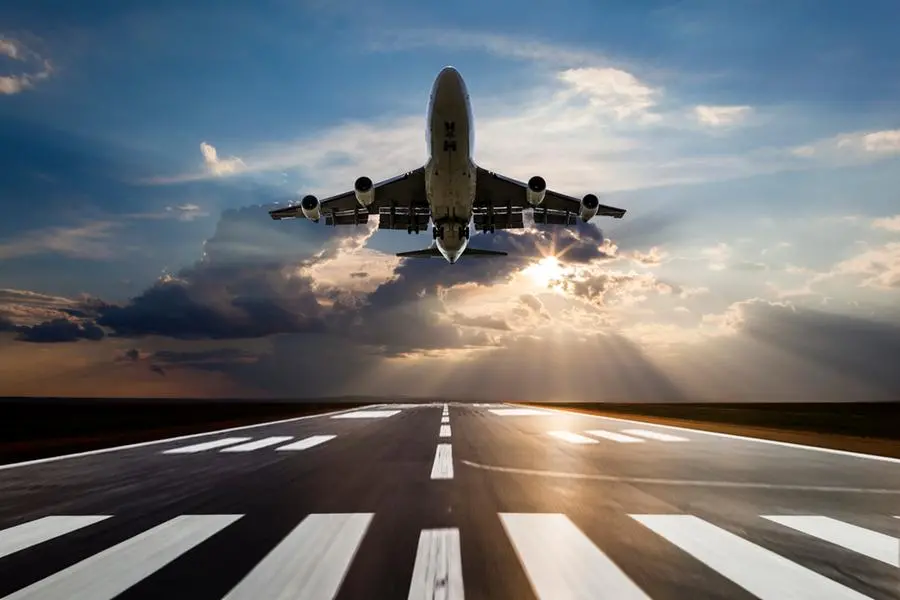PHOTO
Filipinos may start the new year ticking a destination off of their bucket list, as airfares are set to drop in January with the government's move to slash the fuel surcharge.
In an advisory, the Civil Aeronautics Board (CAB) said the fuel surcharge that airlines could collect from passengers will be cut to Level 6 in January from Level 7 in December.
As listed in CAB's matrix, Level 6 means carriers can impose a fuel surcharge of only P185 to P665 for domestic flights and P610.37 to P4,538.40 for international routes.
As required, CAB instructed airlines to submit an application for fuel surcharge to the agency before January. For January, CAB said operators may apply a conversion rate of P55.6 to $1 for airfares to be collected in foreign currency.
This marks the first time that fuel surcharge will drop after CAB kept it at Level 7 in the closing months of 2023. The rate was at Level 6 in September and October, but was raised to Level 7 in November and December to reflect global movements in prices of jet fuel.
Airlines may include the fuel surcharge in the billing of their passengers to somewhat recover the losses they incur from price fluctuations in jet fuel.
For 2024, the International Air Transport Association (IATA) projects jet fuel to average $113.8 per barrel, and expects the aviation industry to consume 99 billion gallons.
'High crude oil prices are expected to continue to be further exaggerated for airlines as the crack spread, or the premium paid to refine crude oil into jet fuel, is expected to average 30 percent in 2024,' IATA said.
The country's biggest carriers, Philippine Airlines (PAL) and Cebu Pacific, are welcoming the new year with guarded optimism.
While they believe that the industry may regain its pre-pandemic footing on the resurgence of demand for air travel, the escalating tensions in Gaza and Ukraine remain among the largest threats to their expansion plans in 2024 as prices of jet fuel tend to climb in the face of political instability.
Both PAL and Cebu Pacific will elevate their capital expenditures next year to finance mostly the acquisition of new aircraft that will be used to serve additional flights and routes.
Cebu Pacific, for instance, will increase its capex guidance by roughly a fifth to P50 billion, as it eyes to close 2024 with 92 aircraft in its fleet.
Copyright © 2022 PhilSTAR Daily, Inc Provided by SyndiGate Media Inc. (Syndigate.info).





















